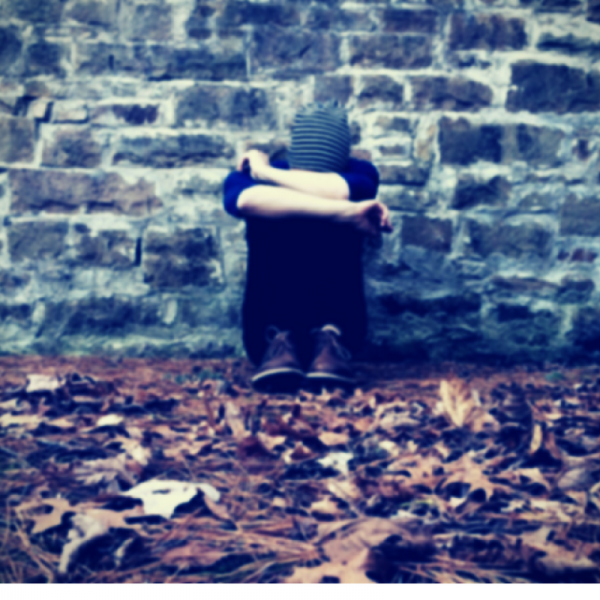People with SAD may worry about acting or appearing visibly anxious (blushing, stumbling over words) or being viewed as stupid, awkward or boring. As a result they often avoid social or performance situations. Many people with SAD also experience strong physical symptoms such a rapid heart rate, nausea and sweating.
Although they recognize that their fear is excessive and unreasonable, people with SAD often feel poweless against their anxiety.
When having to perform in front of or be around others, people with SAD tend to:
. Blush, sweat, tremble, feel a rapid heart rae or feel “their mind going blank”.
. Feel nauseous.
. Show a rigid posture, make little eye contact, or speak with a soft voice.
. Find it scary and difficult to be with other people, and have a hard time talking to them even though they wish they could.
. Be very self-conscious in front of other people and feel embarrased and awkward.
. Be very afraidthat other people will judge them
. Stay away from places where there are other people.
The average age of onset for SAD is during the teenage years.
Despite the availability of effective treatments, fewer than 5% of people with social anxiety disorder seek treatment in the year following initial onset and more than a third of people rapport symptoms for more than 10 or more years before seeking help.
There are three types of medications used to help treat SAD:
. Antidepressants: SSRIs are first choice medication for SAD. Paroxetine and Fluoxetine have shown clinically meaningful improvement in patients with SAD.
. Bezodiazepines such as clonazepam are an alternative to SSRIs. These drugs are often used for short-term relief of severe, disabling anxiety.
. Beta-blockers, which are commonly used to control high pressure, taken in low doses, control the physical manifestation of anxiety and can be taken before a public performance.


Comments
Leave your comment